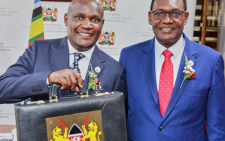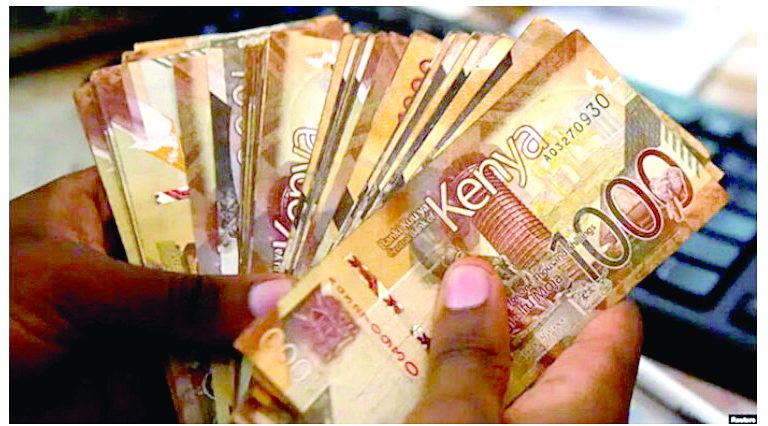Central Bank urged to hold forex reserves

The International Monetary Fund (IMF) has advised African Central Banks to hold onto their forex reserves and prop up their currencies.
The counsel comes in the wake of notable decline in forex reserves in Kenya in the first half of the year.
Plummeting reserves have raised concerns as they are vital for servicing debts and sustaining crucial imports.
“In particular there has been quite a pronounced decline in foreign exchange reserves in the region, problematic off course given the low level of reserves in the region,” said Abebe Selassie, IMF African department director.
“Central Banks have for the most part responded to the pressures they faced by seeking reserves and not as much by allowing currency depreciation,” the lender said.
The Kenyan situation was particularly acute where reserves dwindled to a level that fell short of the four-month import cover requirement during the initial half of the year.
The Kenya shilling received a major boost after receiving $1billion (Sh139.3 billion) World Bank loan to lift the central bank forex reserves to the necessary level of four months of import cover for the first time in nearly six months.
According to data from Central Bank of Kenya (CBK) at that point in June, the reserves have reached Sh1.049 trillion ($7.532 billion), representing 4.15 months’ worth of import coverage.
The Central Bank of Kenya (CBK) has been working tirelessly to combat the currency’s decline. Engaging in open market operations has been one of the strategies deployed by the CBK to bolster the local currency.
IMF’s call for Central Banks to avoid selling forex reserves and allow currencies to depreciate reflects the pressing need for strategic economic decision-making.
The Kenyan shilling had weakened significantly against the dollar, with the exchange rate reaching an alarming Sh150 per dollar
Kenya, like other countries in merging markets, have been locked out of global financial markets and are unable to access cheap loans due to high interest rates globally.
The Bretton Wood institution’s warning about selling forex reserves highlights the delicate balance that Central Banks must strike between maintaining currency stability and safeguarding critical financial reserves.











